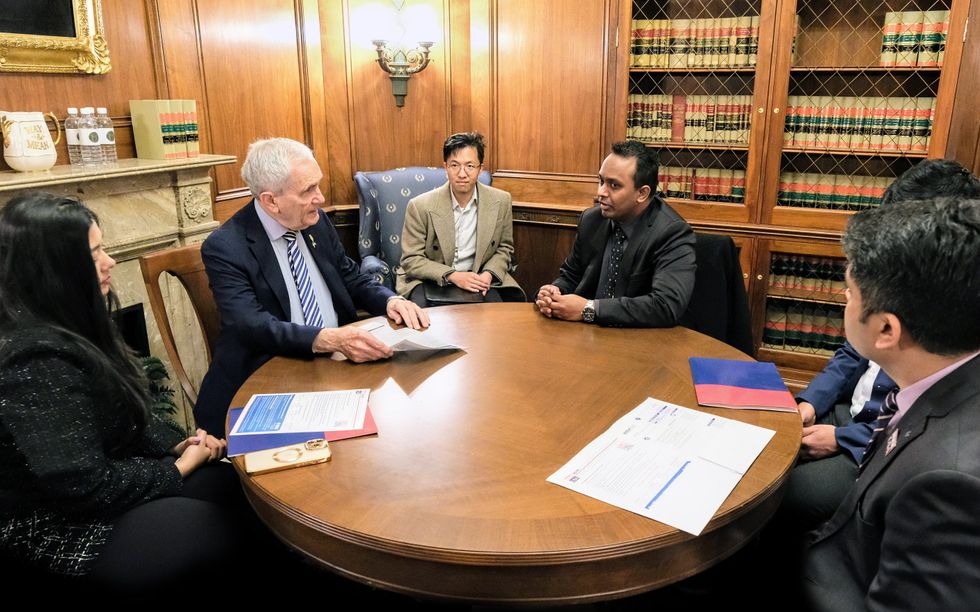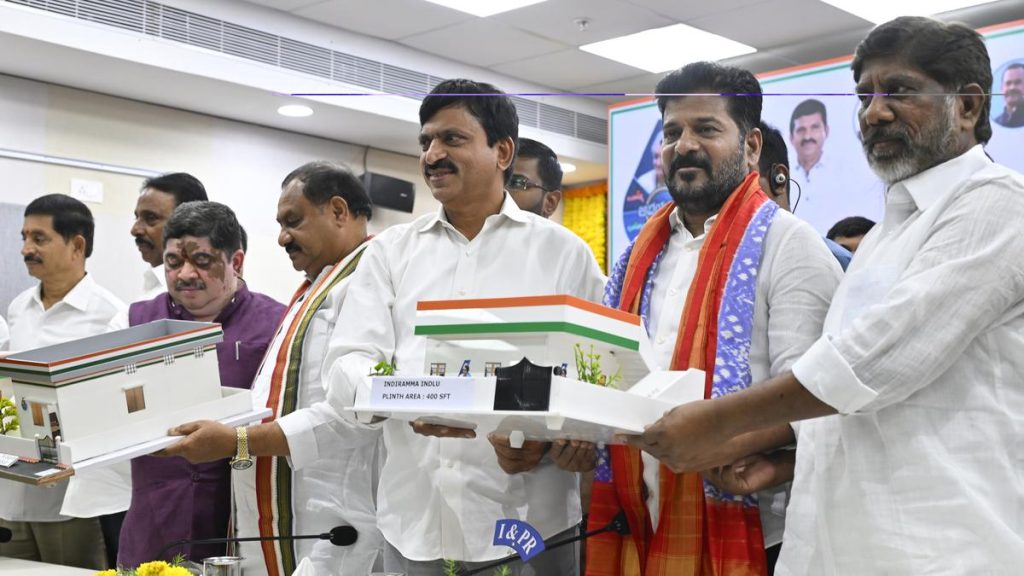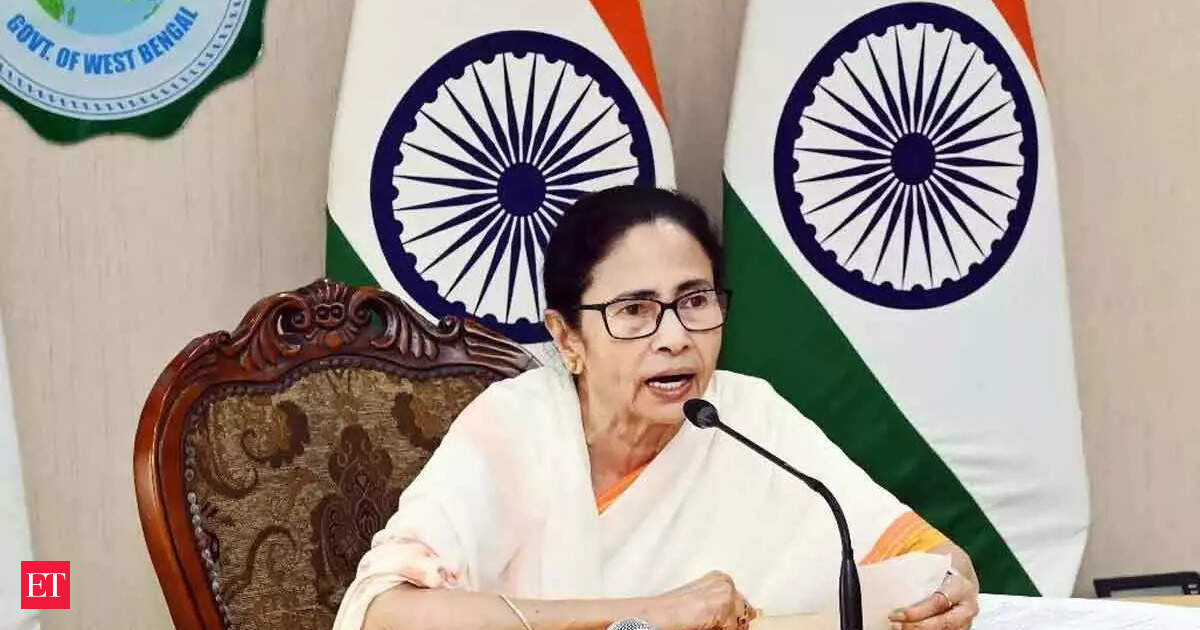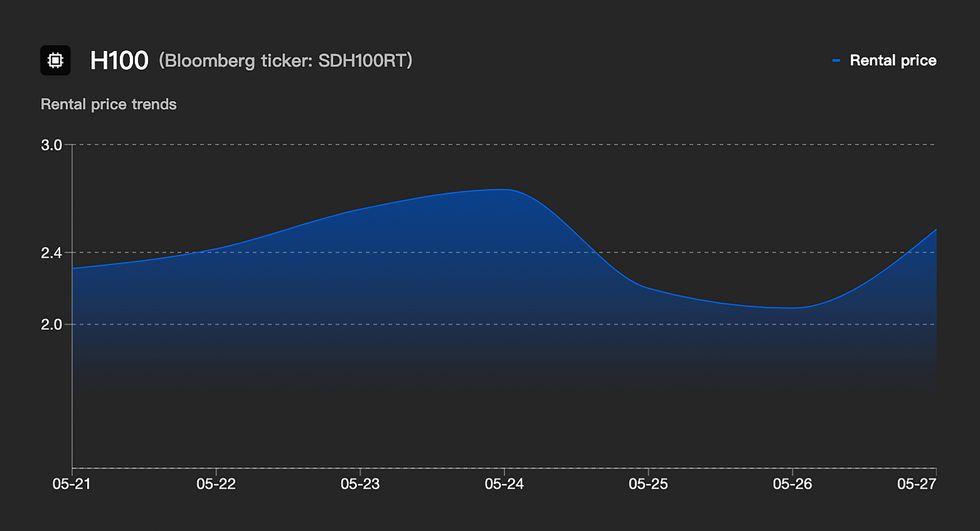Now Reading: Record Delegation Visits U.S. Congress to Discuss Tech Policy
-
01
Record Delegation Visits U.S. Congress to Discuss Tech Policy
Record Delegation Visits U.S. Congress to Discuss Tech Policy

Swift Summary
- Event Details: IEEE-USA hosted Congressional Visits Day (CVD) on April 9, 2025, with 329 participants across 39 U.S. states advocating for tech and innovation policies.
- Key Meetings: Participants held approximately 240 meetings with U.S. legislators and staff as part of the event.
- Focus Areas:
– Federal Research Funding: Advocated for sustained support in fiscal year 2026 appropriations for key institutions like NSF, NASA, NIST, Energy Department’s Office of Science, and Defense Department research programs.
– Small Business Programs: Emphasized reauthorization of Small Business Innovation Research (SBIR) and Small Business Technology Transfer (STTR) programs benefiting around $4 billion in annual funding to approximately 4,000 businesses.
– AI Access Legislation: Supported the CREATE AI Act to establish permanent infrastructures enabling equitable access to AI resources through initiatives led by NSF and other federal agencies.
- STEM Advocacy: Called for robust investments under the CHIPS and Science Act while urging expansion of employment-based immigrant visas through legislation like Keep STEM Talent Act.
- Participants underscored figures such as a drop in AI model inference costs by a factor of 280 between November 2022-October 2024.
Indian Opinion Analysis
The IEEE-USA’s Congressional Visits Day reinforces how policy advocacy can shape national competitiveness in technology-driven fields. A focus on maintaining funding for federal research institutions aligns deeply with global trends emphasizing public-private collaboration to fuel innovation ecosystems. India could draw lessons from these discussions; enhanced coordination among academia, industry stakeholders, and policymakers ensures impactful investment that fosters long-term benefits.
Efforts like democratizing access to AI resources via CREATE AI Act exhibit a forward-looking approach toward bridging technological disparities-a move that resonates universally given many countries’ challenges surrounding equitable digital adoption including India’s rural and underserved regions.
Furthermore, strengthening STEM growth coupled with visa reforms targets talent retention-highlighting parallels relevant to brain drain concerns India faces within its own skilled workforce pipeline amidst rising demand in global tech markets.
This dialogue serves as evidence that fostering bipartisan consensus across critical issues such as funding structures or emerging technologies reinforces resilience within volatile geopolitical contexts-a principle equally pertinent across leading economies globally.
























